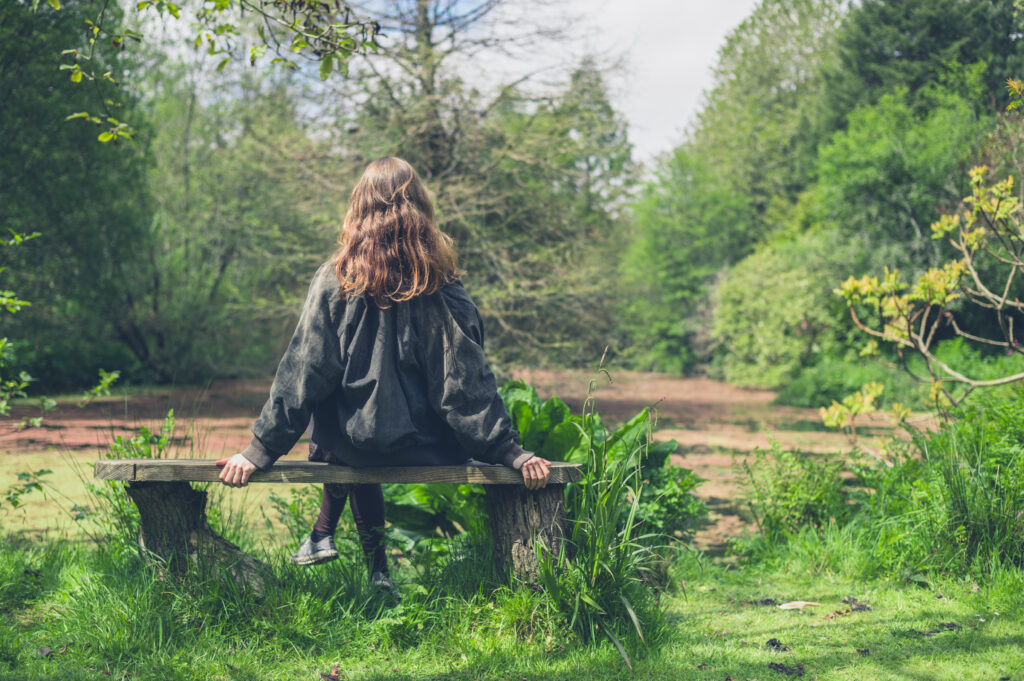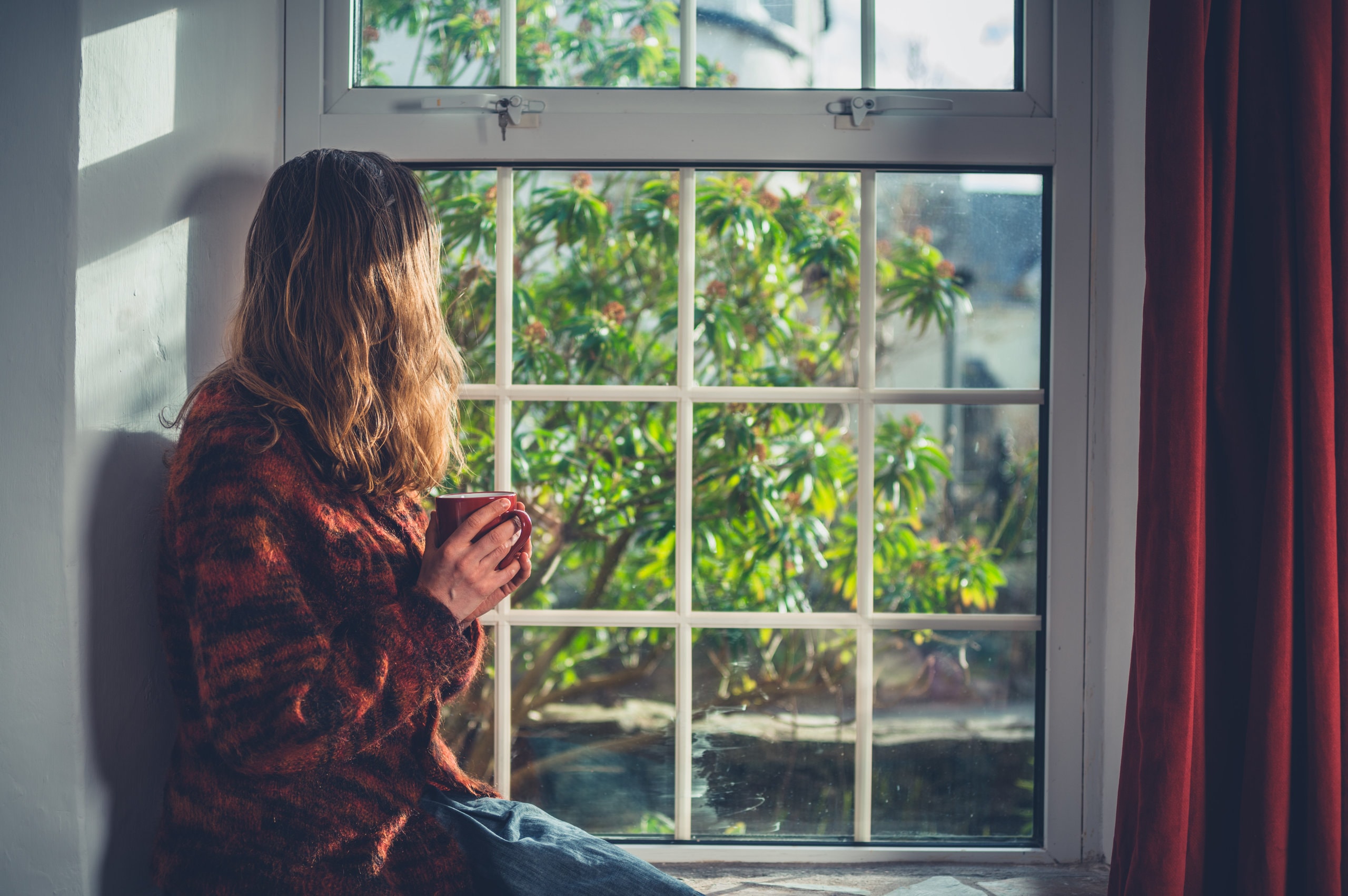If you search “what makes you happy” Google will offer you roughly 2.5bn results to consider. A similar search on Amazon will offer up over 100,000 books and DVDs on the subject of being happy. On the basis of these two statistics alone, we can say with a degree of confidence that a lot of people have a lot to say about being happy. Furthermore, a lot more people clearly want to know the secrets of the happiest people.
Having counselled and supported adults, couples, families and children for over 50 years, The Spark has a unique collective perspective on what makes people happy. In our experience, the true sources of happiness broadly fall into three categories:
- Balance
- Mindfulness
- Healthy relationships
The happiest people maintain good relationships

If you take a moment to think of the happiest people you know (and we don’t mean celebrities you follow on Instagram) we are confident healthy relationships will play a big part in their lives. They may not be the wealthiest or the ones who have high-flying jobs or drive the flashiest cars, but they are very likely to have strong, positive relationships.
This should not come as a big surprise. Humans are wired to be social and to want to spend time with each other for a wide range of emotional, mental and practical reasons. Furthermore, the longest-running academic study of people – the Harvard Study of Adult Development – has consistently shown a direct link between healthy relationships and happiness.
Therefore, the conclusion to be drawn is simple: invest time and effort in your relationships and build closeness with family or friends. Share interests, experiences and support each other. If you feel like you lack close and worthwhile relationships right now, do something about it. Try volunteering or joining a club or group. There you will find likeminded people and get the opportunity to build healthy relationships that can benefit you for years to come.
The happiest people find balance in their lives
When our lives get out of balance we can struggle to get them back to equilibrium ourselves. The Spark regularly counsels individuals and couples who are struggling to find balance in their lives. Working too many hours, spending too much time apart from their loved ones or having little or no time for their own self-care are just a few examples of lives out of balance.
It can be helpful to think of our daily lives as pieces of a pie. There is only a finite amount of pie for each day – 24 hour-long slices to be precise – and how we divide it up goes a long way to determining our happiness. For example, long hours at work reduce the amount of pie available for time with family/friends, rest and self-care.
Once again if we take a moment to think about the happiest people we know, the chances are they have a healthy balance in their lives: enough time to work, enough time to play and enough time to rest. Indeed, as the old adage goes ‘everything in moderation’.
How to be happier? Try mindfulness

At The Spark we often help clients caught up thinking about experiences from the past, or spending much of their time anxiously worrying about tomorrow. When we choose to fret about yesterday or worry about tomorrow, in practice we can end up ruining today.
The exhausting thought patterns that come with this kind of life prevent us from experiencing and, ultimately, having the chance to enjoy today. Happiness is elusive for the person who dwells on the past or the future.
Coming back to the happiest people we know, again we are confident they will exhibit a much greater sense of mindfulness each day. By mindfulness, we mean being grounded in the present and focusing on the moments and experiences happening right now. So, instead of agonising about what might happen tomorrow, it is possible to make a conscious decision to focus on the sights, sounds, smells and sensations of the here and now.
How to be mindful
Being mindful is not just about stopping to smell the roses. Initially, it needs to be achieved via activities like meditation, yoga or any other form of engaging activity. Guided meditation, for example, encourages us to concentrate on things like our breathing or the sensations around us. Thus, helping us to focus our minds on the present and not thoughts of the past or future. Over time the principles behind this present focus can be consciously brought to mind throughout the day and not just during meditation time.
The world around us attempts to convince us that earning large sums of money, spending that money on lots of stuff and looking fabulous on Instagram is the path to happiness. In our experience it is something much simpler: invest in your relationships, seek balance in your life and focus on the present.
Try it, we think you will feel the benefit.

